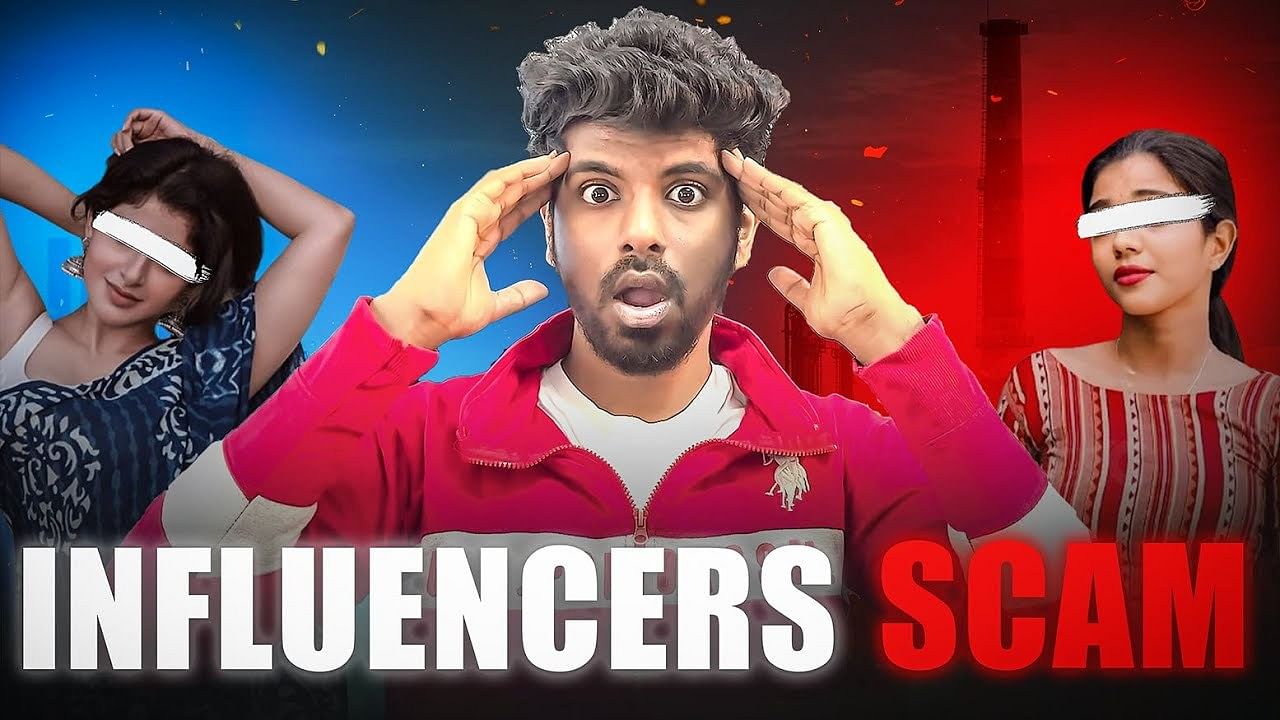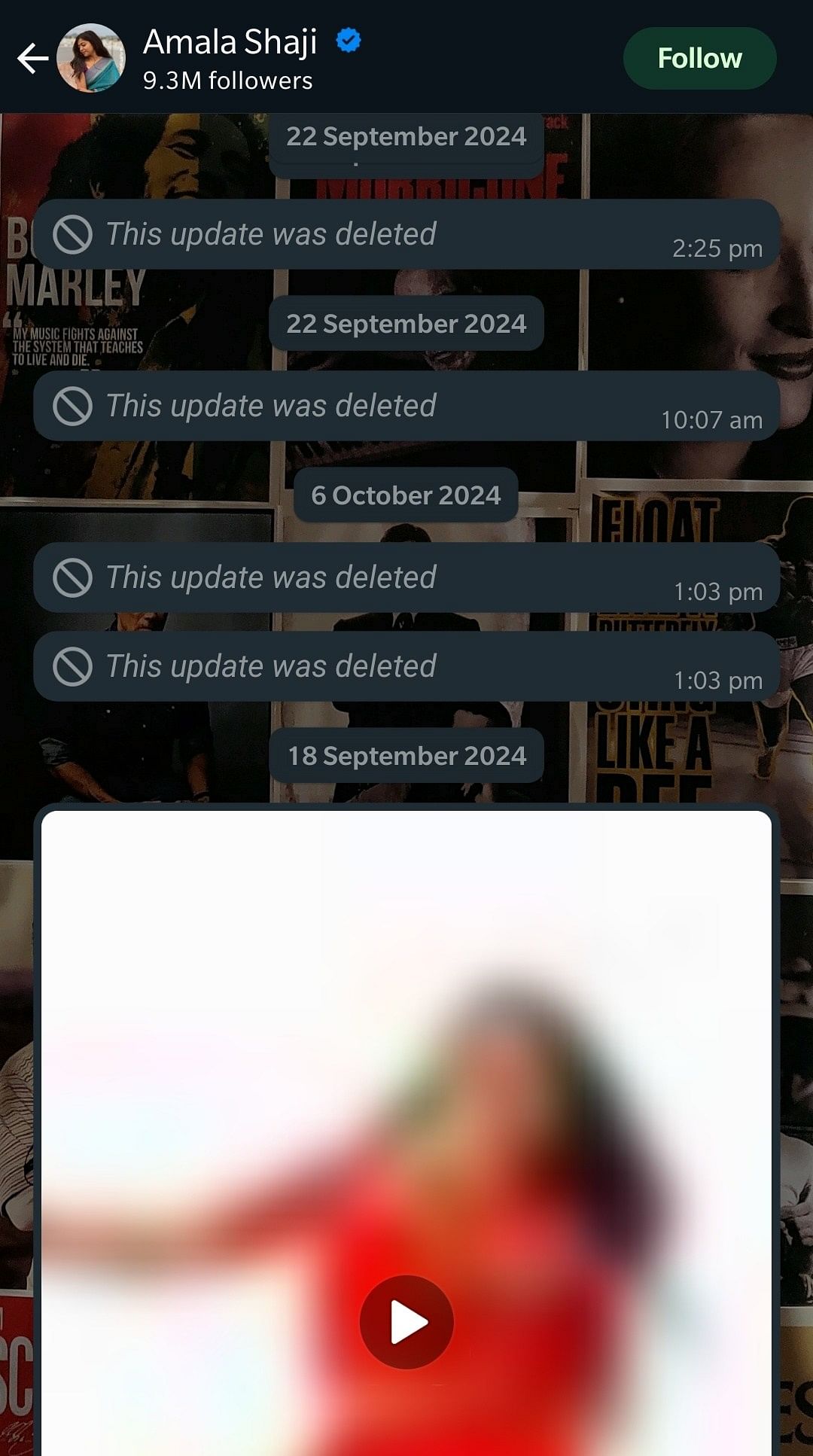Thank you dear subscribers, we are overwhelmed with your response.
Your Turn is a unique section from ThePrint featuring points of view from its subscribers. If you are a subscriber, have a point of view, please send it to us. If not, do subscribe here: https://theprint.in/subscribe/
In the past, the internet would have one major trend per week. Now, it hosts at least four or five trending topics in a single week. This rapid cycle is dangerous, as any scandal can quickly overshadowed by the next controversy. For instance, social media buzzed for days over South Indian Actress Oviya’s scandal video and her responses to trolls. But the spotlight swiftly shifted when Nandakumar, a tech YouTuber known as ‘PC Doc Nanda,’ became the talk of the Tamil Internet Society.
Nandakumar runs a successful YouTube channel ‘@A2DChannel’ with 1.77 million subscribers. His expertise lies in explaining complex technical problems in humorous ways, often using memes featuring famous comedians like Vadivelu and Madurai Muthu. Behind the scenes, Nanda operates with a team managing content and expanding his brand ‘PC Factory’ which builts customized systems for users especially Youtubers and influencers. His influence extends beyond YouTube film personalities like Vijay Antony and GV Prakash promote their films on his channel, demonstrating Nanda’s rise as a tech influencer and his integration into the larger entertainment ecosystem.
However, Nanda’s rise met an obstacle when YouTuber Jason Samuel posted a 25 min expose video featuring allegations against him. Nanda had often said, “This video is sponsored by Cdkeylabs.com” in his videos. Jason’s video revealed that this company, which Nanda had been promoting for months, was owned by Nanda himself. While it’s not uncommon for businesses to operate under different names. But the issue was that ‘Cdkeylabs.com’ allegedly sold unauthorized software license keys. Such actions not only violate the law but betray the trust of Nanda’s millions of followers. The internet community responded with outrage: “You expose other’s corruption, but what about your own?”

This situation reveals a common tendency, by questioning the moral authority of others while ignoring the underlying issues. Our Indian society has a habit of scrutinizing the credibility of those who call out wrongdoing. If only ‘Purest’ man can point out other’s mistakes means, no one would be able to speak up. The real question then is whether we should criticize someone like Nanda, if so on what basis?
Critics argue that as a YouTuber with such reach, Nanda should not have misled millions of viewers. The case against him raises concerns about the example set for future influencers. His involvement mirrors other controversies involving social media personalities. Influencers like Peter K, Mabu Crush, Prankster Rahul, Amala Shaji, Amritha Shaji, Dayalu Designs aka ‘Taylor Akka’ and Actresses like Nidhhi Agerwal, Iswarya Menon, Deepa Balu and others have faced backlash for endorsing questionable products, resulting in real life consequences. Reports suggest that, from 2017 to 2021, seven people in Tamil Nadu committed suicide due to scams promoted by influencers (Indian Express). By 2023, this number had risen to 38 (abplive). Despite such alarming figures, celebrities like Sarath Kumar continue to endorse online rummy platforms.
Actually, Nanda’s involvement in the Amala Shaji scandal further underscores the risks of influencer marketing. Amala, an influencer with millions of followers, advertising fraudulent investment schemes through her social media. People who trusted her lost significant amounts, some even contemplating suicide. When confronted, Amala responded dismissively, amplifying the damage. Nanda’s video exposing her wrongdoings amassed over a million views, yet her follower counts only grew. This bizarre reaction illustrates the public’s contradictory behavior criticizing yet continuing to support such influencers.

The lack of enforcement in India’s cybercrime laws and the overwhelming number of pending cases provide ample space for such individuals to operate. In this climate, influencers like Amala exploit legal loopholes, deleting evidence while seamlessly shifting their scams to platforms like WhatsApp. With a massive following of 9 million on WhatsApp, she promotes scams through voice messages, deleting them after a time to avoid detection.
The internet’s short memory allows such figures to re-emerge unscathed. The public’s tendency to forget ensures that scandals are momentary, giving influencers the confidence to repeat their mistakes. If one scam fades, another takes its place, leading to a cycle where individuals profit from the public’s short attention span, and society at large sees no benefit.
This pattern has created an environment where wrongdoing is normalized. Models and actresses caught in scandals see their follower counts surge rather than decline. The public’s indifference only deepens, eroding trust in honesty and fostering a selfish, dissatisfied generation.
Tomorrow, another figure like Nanda or Amala Shaji will emerge, and the cycle will continue. Memes and criticisms will surface, only to be forgotten when the next scandal hits. Accepting these mistakes without proper accountability only breeds a generation that views wrongdoing as an acceptable means of success. If we fail to defend ourselves and enforce consequences, we allow these scams to persist, entrenching a culture of poisonous selfishness.
These pieces are being published as they have been received – they have not been edited/fact-checked by ThePrint


